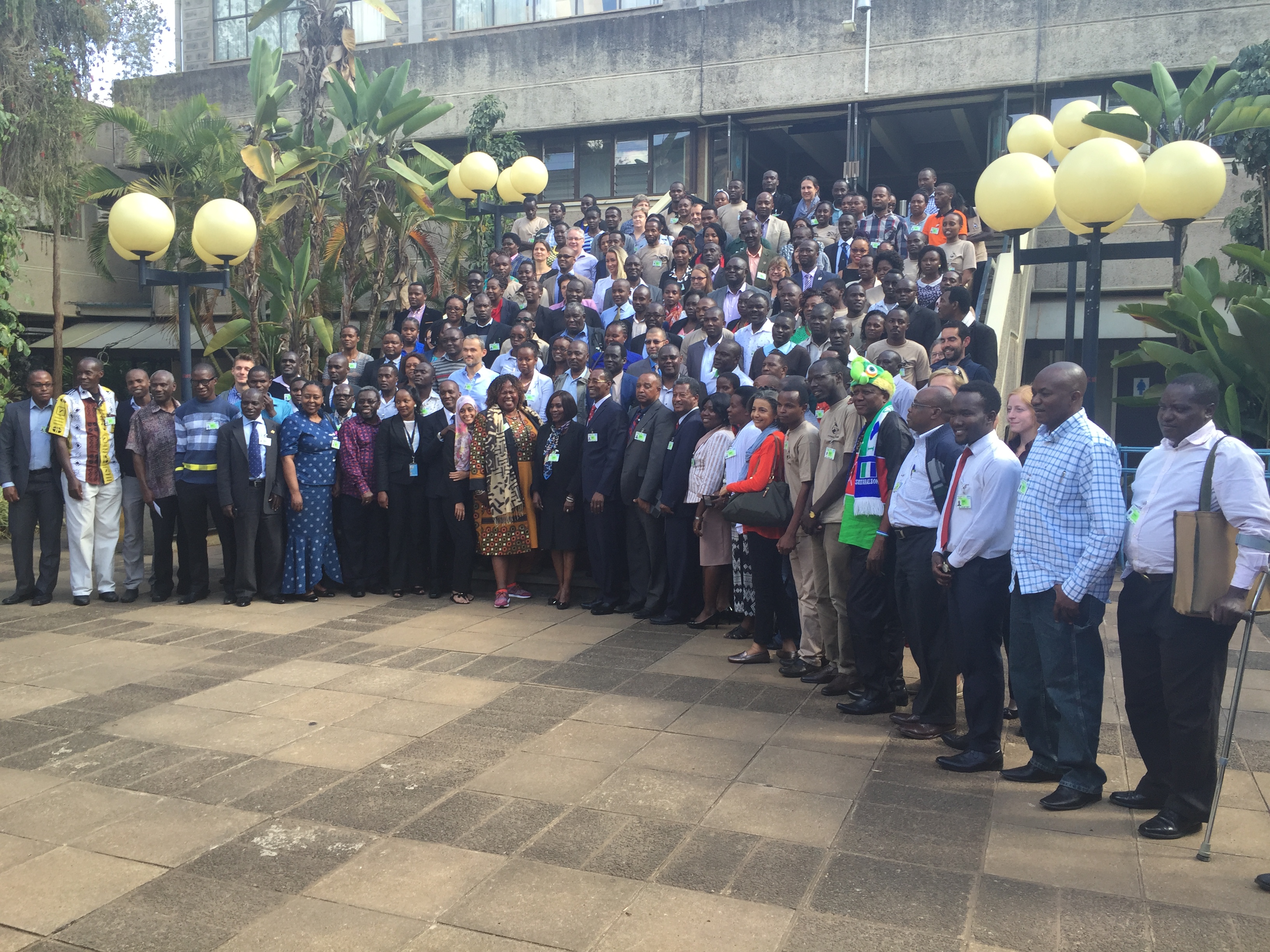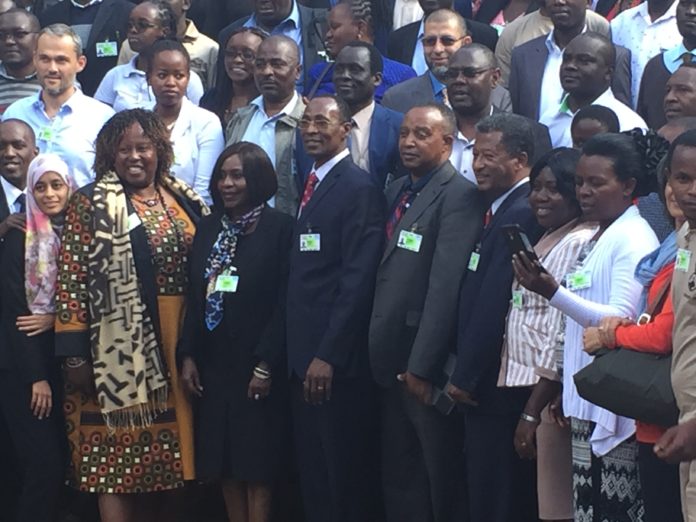|
Getting your Trinity Audio player ready...
|
By Mary Mwendwa
A recent conference on animal welfare has called upon all stakeholders to uphold ethical standards in handling animals.
The two-day forum which brought together over 200 participants from all over the world representing animal protection organizations, legal practitioners, students, and policymakers agreed on efforts to strengthen animal welfare across the board.
Top on the conference agenda was; Positioning of animal welfare as an agenda, policy and discussions platform.
In her speech, cabinet Secretary, Ministry of Environment Water and Natural Resources Prof.Judy Wakhungu appreciated how Kenyans had embraced the plastic ban which had serious effects to animals.”I thank all of you for support after we banned plastics, this is a great milestone in Kenya’s environment protection sector.” She said.
Noting that animal welfare was critical in her ministry’s agenda.”Negative effects of plastics on both human and animals were the motivators in implementing the plastic ban , tonnes of plastic material have caused pollution and blockage of systems and hence creating an environmental catastrophe .”

Prof. Wakhungu further noted with a lot of concern how animal welfare was a missing subject in key dialogues.
Kahindi Lekalhaile , Director of Public Affairs, Africa Network for Animal Welfare (ANAW) said there are clear indicators that animals are keepers of the earth.”Animals play a critical role in what we eat and the environment at large, this is a fact that we need not to ignore but take issues of animal welfare seriously.
Kahindi agreed that the conference was looking at the relationship between animal welfare and environment and was intended to give a platform for discussions on the same.
Donkeys were part of the discussions because of their nature of relations with human beings.It was clear that donkeys in Africa were threatened because of their skin which is used overseas for medicinal use.
Alex Meyer from Donkey Sanctuary in the United Kingdom said that contribution of donkeys to humanity was massive and their help in resilience building cannot be ignored.”Donkeys are very helpful in many rural settings, therefore, there is need to protect them.”
“Some areas in Africa are already reporting localised elimination of all donkeys, others are attempting to create and regulate a supply chain which due to the nature of this species and market for skins, created severe animal welfare concerns and would require levels of environmental resources, especially water, that most countries affected cannot afford to lose.” Meyer noted.
Jorge Laguna from UN Environment supported all the recommendation that had been made by the participants on pollution of the environment which had a negative effect on animals. He talked of UN environment’s commitment to see land, air and marine pollution were addressed.
The conference was organized by ANAW, UN Environment together with the government of Kenya among other partners.














